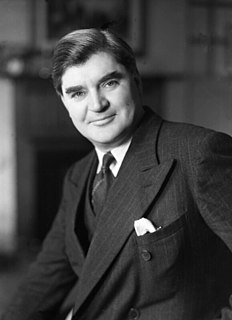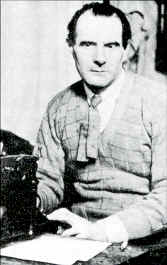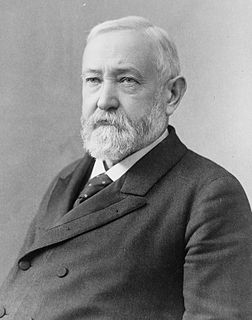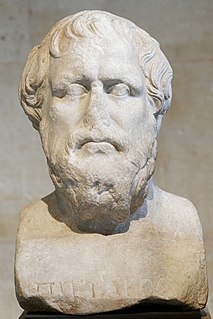A Quote by Marie von Ebner-Eschenbach
The poor man wishes to conceal his poverty, and the rich man his wealth: the former fears lest he be despised, the latter lest he be plundered.
Related Quotes
The man who has a certain religious belief and fears to discuss it, lest it may be proved wrong, is not loyal to his belief, he has but a coward's faithfulness to his prejudices. If he were a lover of truth, he would be willing at any moment to surrender his belief for a higher, better, and truer faith.
The difference between a man who faces death for the sake of an idea and an imitator who goes in search of martyrdom is that whilst the former expresses his idea most fully in death it is the strange feeling of bitterness which comes from failure that the latter really enjoys; the former rejoices in his victory, the latter in his suffering.
Every man is rich or poor according to the proportion between his desires and his enjoyments; any enlargement of wishes is therefore equally destructive to happiness with the diminution of possession, and he that teaches another to long for what he never shall obtain is no less an enemy to his quiet than if he had robbed him of part of his patrimony
There are many kinds of richness, and the man who is rich because of money is the lowest as far as the categories of richness are concerned. Let me say it in this way: the man of wealth is the poorest rich man. Looked at from the side of the poor, he is the richest poor man. Looked at from the side of a creative artist, of a dancer, of a musician, of a scientist, he is the poorest rich man. And as far as the world of ultimate awakening is concerned he cannot even be called rich.
The indiscriminate denunciation of the rich is mischievous.... No poor man was ever made richer or happier by it. It is quite as illogical to despise a man because he is rich as because he is poor. Not what a man has, but what he is, settles his class. We can not right matters by taking from one what he has honestly acquired to bestow upon another what he has not earned.
We must by every means humble our hearts and subdue our proud intellect, lest we should be like the contemporaries of the prophets, who looked on them only as sweet-voiced singers, and nothing more; they did not wish to fulfill their commands, they even despised, persecuted, beat and killed them; lest we should be like those, by whom 'no prophet is accepted in his own country' (Lk. 4:24).
Do not delay in coming to grace, but hasten, lest the robber outstrip you, lest the adulterer pass you by, lest the insatiate be satisfied before you, lest the murderer seize the blessing first, or the publican or the fornicator, or any of these violent ones who take the Kingdom of heaven by force (cf. Mt. 11:12). For it suffers violence willingly, and is tyrannized over through goodness.





































